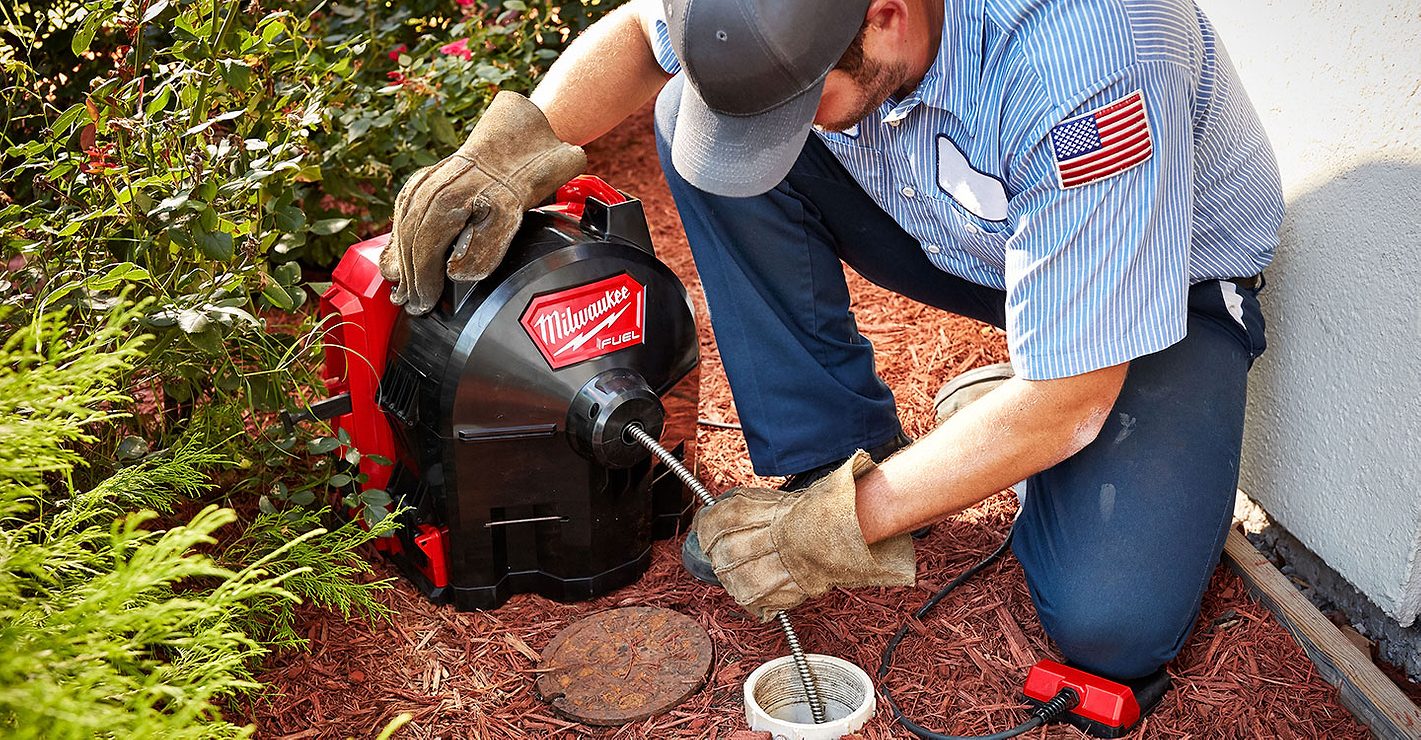Recently I received a phone call from a contractor in Florida about water heaters. Specifically, a letter he received from a water heater manufacturer telling him certain models would be discontinued next year. He was upset because he tried to call this manufacturer to get more information but no one would talk to him.
The discontinued models are the result of the new water heater regulations that take effect next April 16. Changes to the National Appliance Energy Conservation Act will require higher Energy Factor ratings — the ratio of useful energy output from the water heater to the total amount of energy delivered to the water heater — on many residential gas, electric, oil and tankless gas water heaters.
My caller said he was not aware of these changes until he received that manufacturer’s letter; and that other contractors in his area were not aware either. We posted a poll question at PMmag.com about this issue and at press time, two-thirds of respondents “had no idea” these changes were coming.
We’ve covered this issue several times in the pages of Plumbing & Mechanical but it’s obvious that more education is needed. The water heater industry needs to do a better job of informing its plumbing and heating contractor customers what these changes will mean for them and for their customers. A letter listing models to be discontinued yet failing to provide useful information on the regulations or alternatives does not help the contractor.
In Plumbing & Mechanical’s August issue, Bradford White ran an advertorial explaining the changes taking place with the updated legislation and the installation issues contractors may have. Options for manufacturers to reach the required EF include adding more insulation to models, which will increase the size of the water heaters; incorporating new flue baffling technology; adding electronic ignition rather than a standing pilot; or a combination of these.
Increased size may mean increased installation and maintenance costs, as well as increased manpower. Contractors may have to send a two-person crew for a water heater install where before it could be accomplished with one field tech. Bradford White has posted a webinar regarding the water regulations on its website; you can view it at http://bit.ly/1D0WN3Z.
Most of these changes will be required on models more than 55 gal., but some models under 55 gal. will be modified to meet the required EF ratings. And that was the issue my Florida caller was most concerned about. He sells a lot of 40-gal. water heaters; what does he tell his customers when he has to replace a failing water heater with a more expensive model?
Tankless water heaters may be an option for some homeowners. Most tankless models in the market today have EF ratings of .82 or better. Noritz recently launched a tankless water heater model specifically to replace 40-gal. tank water heaters.
As manufacturers, Bradford White and Noritz have been proactive in getting the word out to contractors, wholesalers and engineers about the water heater changes that are only five months away. And other water heater manufacturers may be ensuring that their contractor customers are prepared for April 16.
But if you’re reading about the new water heater regs for the first time, be proactive. I know there are a lot of things in your business that require your attention, but don’t ignore this issue. It will have a definite impact on your bottom line.
Educate yourself on the technologies that will be discontinued, technologies that will be required, extra equipment you may need to purchase and the cost impact to your business and your customers. Training is critical, so if you haven’t heard from your water heater manufacturers, take the initiative and contact them about training opportunities on the new models. Make sure you understand the changes so you can effectively explain them to your staff and your customers.
And share your knowledge and experience with other contractors at industry events. If you have a peer group, discuss the issue with them. How are they handling it? Do they have systems in place to transition to the new models? Do they have the proper training?
I encouraged that Florida contractor to write a Letter to the Editor detailing his experiences with this issue as I was sure other readers have similar concerns. I hope he does. And if you have an opinion about this issue — or any industry issue — feel free to call me. Or better yet, put it in writing.







